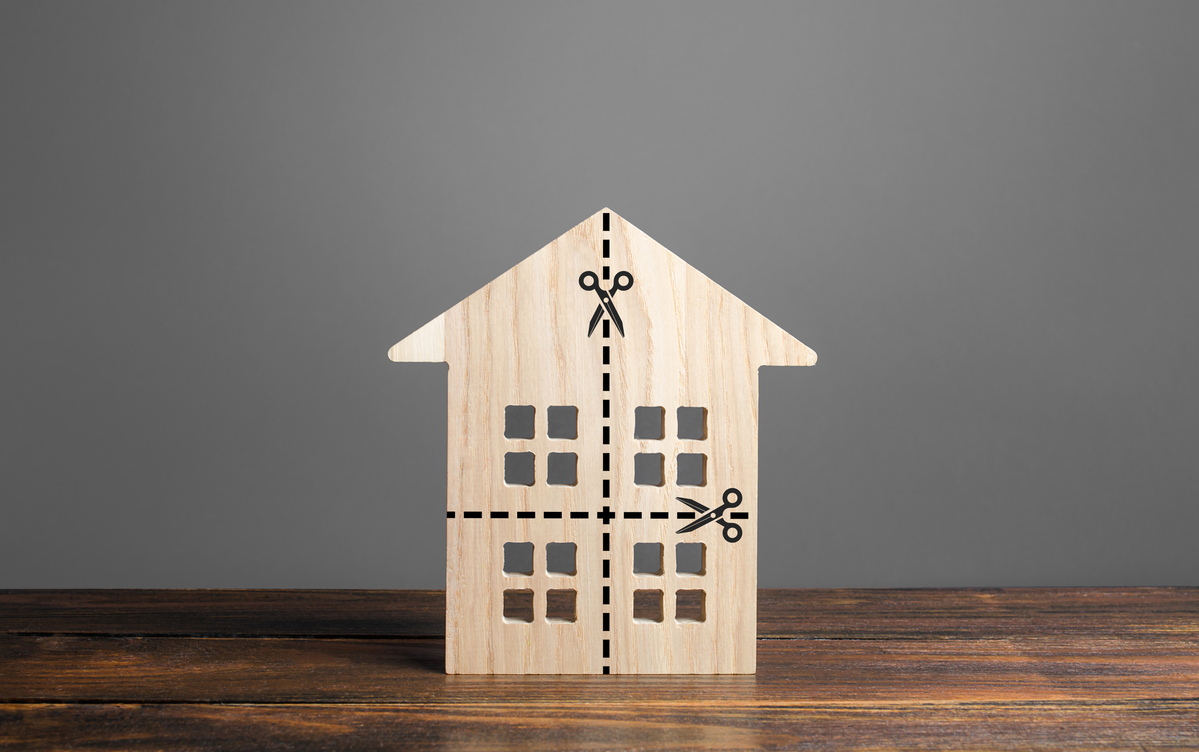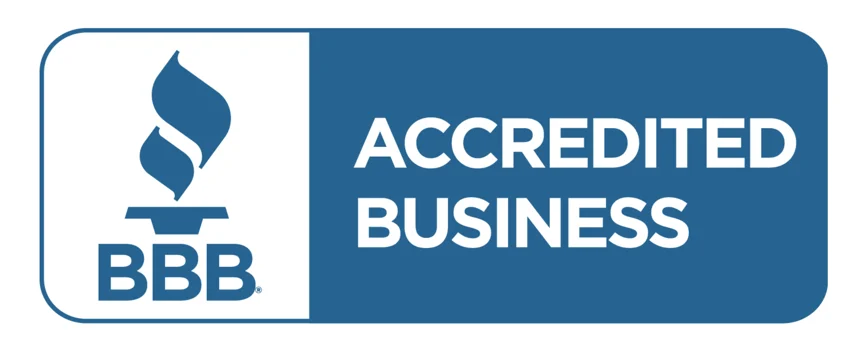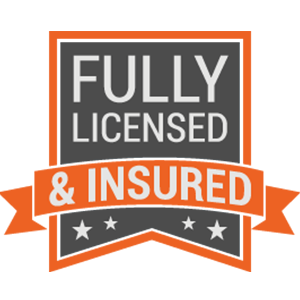You’re ready to list your home and get it sold, so you can move onto the next phase of your life. Maybe you need to move out of state or perhaps you already live out of state and are trying to sell your parents’ home. Before you list your home, you need to think about five issues that you may have to deal with when you put the property on the market.
1. Long Timeline
Even in a seller’s market, some houses can sit for months before finding a buyer. If your home is older and outdated or needs repairs, it could be on the market for even longer. You need to be prepared for that possibility since you’ll have to continue to pay utilities and upkeep for the property.
2. Expensive Repairs
Maybe you had a real estate agent walk through the house with you and showed you needed repairs. Perhaps you already were aware of issues with your property. When you get an estimate for the work, you may be surprised at just how expensive it will be to fix up the place. If you don’t have cash reserves, you have to figure out a way to afford those repairs.
3. Realtor Costs
When listing your home and putting a price on the property, don’t forget about realtor commissions. You won’t get the full price of the home, so you want to figure in an additional amount to cover those fees. When you put the house on the market, you’ll want to price it to sell but account for the commissions. Otherwise, you end up with less money than you planned.
4. A Stressful Process
Selling a home can be a stressful time, especially if you have a deadline. If you live in the house, you must keep it clean and organized for showings. Living in limbo as you wait for an offer often makes homeowners feel unsettled and anxious.
5. Busy Schedule
Most people today have a full schedule. When selling a home, they must fit in open houses, home showings, and time to meet with the realtor. If you decide to fix up your home, you also have to meet with contractors, work around their work schedule. It can almost feel like an extra job as it takes time away from the family or your other obligations.
How to Solve These Problems
You can avoid all these problems with a quick as-is sale to a real estate investor. If you’re looking for a creative way to sell other than putting your home on the market, talk to the team at Hometown Development. We can help you sell your home fast for cash in as few as five days. Reach out to us to learn more and get your free offer today.
















